Individuals, micro institutions can set up payments banks
Updated: Jul 18, 2014 12:53:14pm
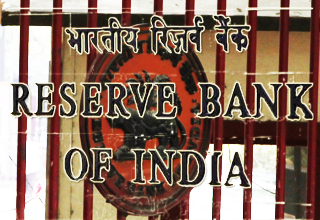
"The entities eligible to set up a Payments Bank include existing non-bank Pre-paid Instrument Issuers (PPIs), Non-Banking Finance Companies (NBFCs), corporate BCs, mobile telephone companies, super-market chains, companies, real sector cooperatives, and public sector entities,” RBI said in its draft guidelines.
“The entities eligible to set up a small bank include resident individuals with ten years of experience in banking and finance, companies and societies, NBFCs, Micro Finance Institutions and Local Area Banks,” the draft guidelines added.
Both, payments banks and small banks are “niche” or “differentiated” banks; with the common objective of furthering financial inclusion.
While small banks will provide a whole suite of basic banking products, such as, deposits and supply of credit, but in a limited area of operation, payments banks will provide a limited range of products, such as, acceptance of demand deposits and remittances of funds, but will have a widespread network of access points particularly to remote areas, either through their own branch network or through Business Correspondents (BCs) or through networks provided by others.
They will add value by adapting technological solutions to lower costs, RBI said.
The central bank also issued draft guidelines for setting up of payment banks, which will cater to marginalized sections of society, including migrant labourers, for collecting deposits and remitting funds.
Such banks can be set up with a minimum capital of Rs 100 crore as against Rs 500 crore required for normal commercial banks, according to the guidelines.
The minimum paid up capital requirement of both payments banks and small banks is kept at Rs. 100 crore, of which the promoters’ initial minimum contribution will be at least 40 per cent, to be locked in for a period of five years. Shareholding of the promoters should be brought down to 40 per cent within three years, 30 per cent within a period of 10 years, and to 26 per cent within 12 years from the date of commencement of business of the bank.
While announcing the decision to grant “in-principle” approval to the two applicants, the Reserve Bank also indicated that going forward, it intends to use the learning experience from this licensing exercise to revise the guidelines appropriately and move to grant licences more regularly. Further, the Reserve Bank would work on a policy of having various categories of “differentiated” bank licences which will allow a wider pool of entrants into banking.
“After making suitable changes to current framework, a structure will be put in place for continuous authorization of universal banks in the private sector in the current financial year. RBI will create a framework for licensing small banks and other differentiated banks. Differentiated banks serving niche interests, local area banks, payment banks etc. are contemplated to meet credit and remittance needs of small businesses, unorganized sector, low income households, farmers and migrant work force,” Finance Minister Arun Jaitley had said in his budget speech. (KNN/SD)

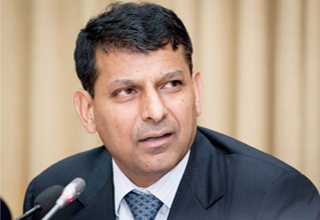
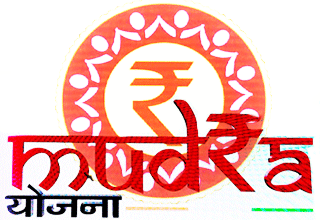
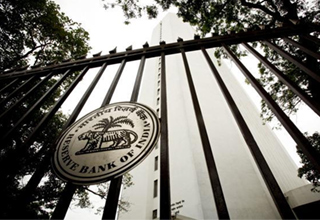
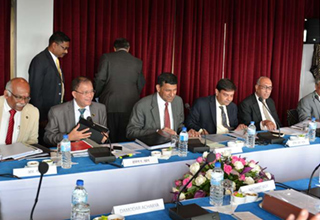
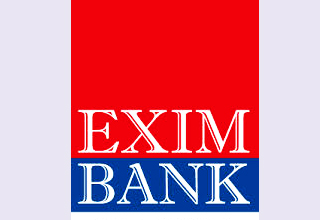





